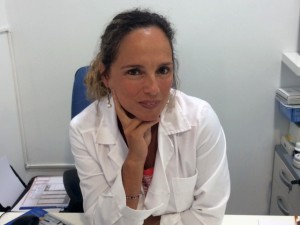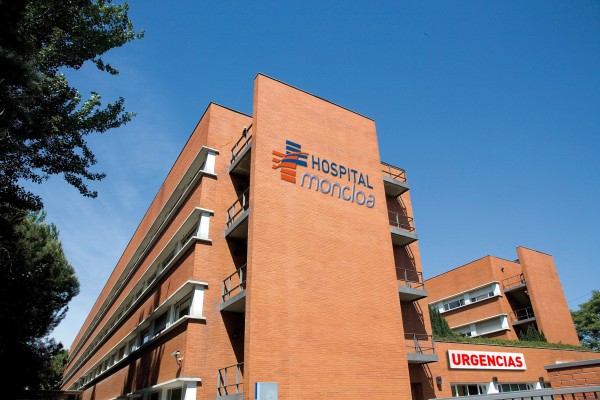With World Health Day focusing on diabetes, Co-op News spoke to Dr Teresa Lajo, who leads the endocrinology department at the University Hospital of Moncloa in Madrid, Spain.
Dr Lajo is one the 20,000 medics forming ASISA, a leader in medical care in Spain that is owned by the co-operative Lavinia. The co-op is also a member of the Espriu Foundation, which provides health services to two million people and has 32,500 health professionals. At the time when the foundation was set up 25 years ago, the national health system did not exist in Spain.
Espriu Foundation is now responsible for running a number of publicly owned hospitals, a measure which has proved efficient and popular with patients. At the Moncloa hospital, doctors have a dual approach to the treatment and prevention of diabetes.
Dr Lajo explained: “We have developed a plan that involves the training of professionals, especially in the form of talks about the latest advances in terms of diabetes treatment.

Dr Teresa Lajo
“We have seen great progress in recent years, with new medicine and fewer secondary effects. There are doctors who may not be able to go to congresses. These conferences are designed mainly for specialists such as endocrinologists, but GPs are also involved.”
The second approach is to inform patients about diabetes and encourage them to improve nutrition and exercise. “In my hospital and within ASISA we have a particular interest in diabetes. We explain to patients how to maintain healthy nutrition and we cover all aspects.”
Through ASISA patients also have access to an online platform dedicated to diabetes where they can read about dietary requirements and food ratios.
In terms of service, Dr Lajo believes what differentiates the co-op hospital and the ASISA network from public health providers is accessibility. “We have a limited waiting list and patients can gain immediate access to a specialist. ASISA also has professionals who are very well qualified.”
The most accessible food is the one containing high levels of sugar and calories […] There is a role here that consumer societies can play
Dr Lajo believes there is also a role for consumer co-operatives to play in tacking diabetes by providing high quality products at better prices and reducing the level of sugar in their food products. “Nutrition is fundamental. For example, in countries with economies in development there is a higher percentage of child malnutrition.
“The most accessible food is the one containing high levels of sugar and calories. Eating well is very expensive, whether we’re referring to high quality cereals, fruits or proteins. There is a role here that consumer societies can play in both informing and then putting on pressure so that healthier food is promoted more.”
She also has some advice for patients, particularly those with predisposition to type two diabetes.
“Type 2 diabetes is a disease that has a certain genetic predisposition but which can be prevented or delayed with the correct nutritional habits and physical exercise.
She warned: “Given that it is a silent disease, it is very important patients do not forget about medical check-ups and make sure the results stay within the correct parameters. Even if it may not hurt it is a disease that needs to be monitored. Sometimes it can be too late and it could have already affected the eyes, kidneys or the heart.”

